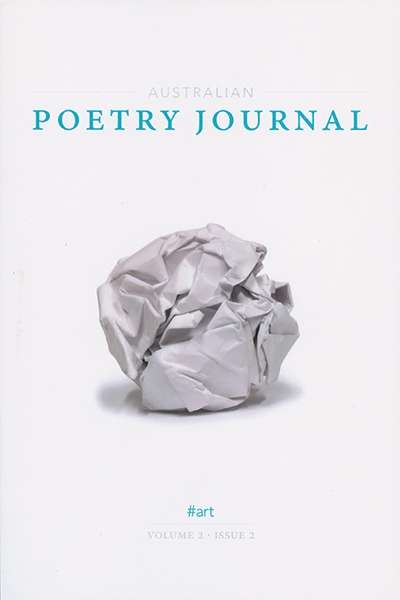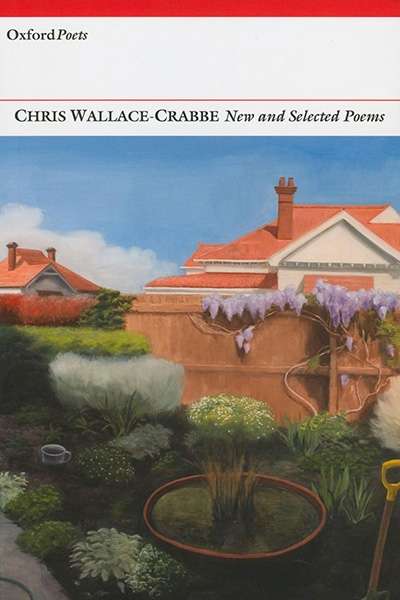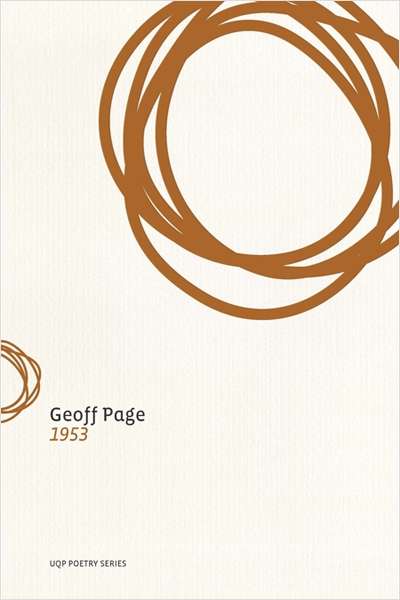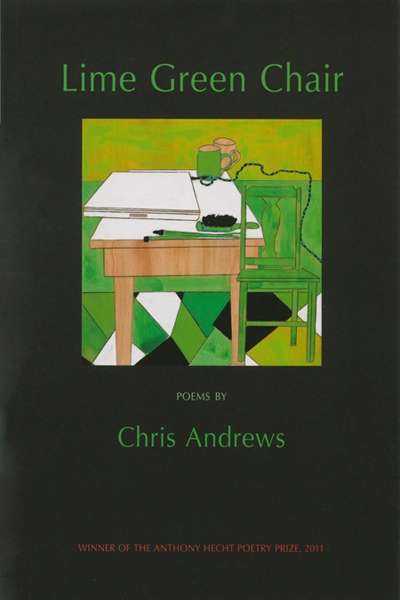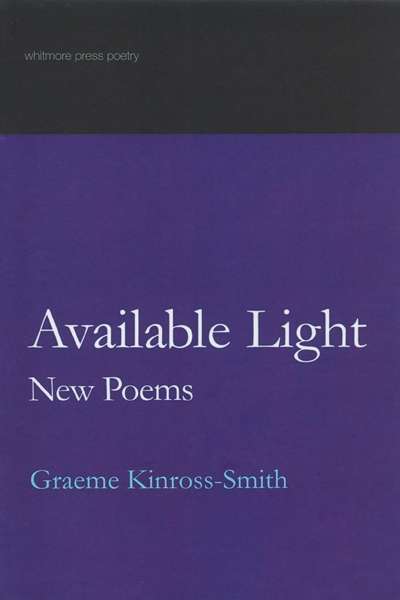Ken Bolton has published twenty books of poetry in the past thirty-five years, including a verse novel, The Circus (2010), and an earlier Selected Poems (1992), as well as seven often hilarious poetic collaborations with John Jenkins. An art critic, Bolton edited the seminal magazines Magic Sam and Otis Rush; and he has been a publisher with Sea Cruise and Little Esther Books. Bolton’s poems amusingly undermine any sense of affected certainty or closure – ‘with none of the confidence / of Samuel Johnson, // with none of the élan of Frank O’Hara, / with only a guilty and apprehensive grin // because in part / I belong to the school that says // if you see a leg pull it // I begin this tour of my attitudes ...’ (‘Lecture: Untimely Meditations (Tentative Title)’). Rather, his work is buoyed by indeterminacy, in which a blithe surface both collapses and embodies intellectual enquiry, most apparent in his spacious, extended poems, but also in more descriptive ones, such as ‘Kirkman Guide to the Bars of Europe’, from Sly Mongoose (2011), and one not included here, ‘Happy Accidents’, which unravels his influences. ‘Perhaps my oeuvre in / large part represents / a slur on the poetry of my betters – / whose example / allows me to go wandering off, / by the reeds, ankle deep / in mud, / mumbling inconsequently – / somehow ‘licensed’ by them, / by their example – / though heedless of it?’ (‘Poem (Up Late)’).
...
(read more)

